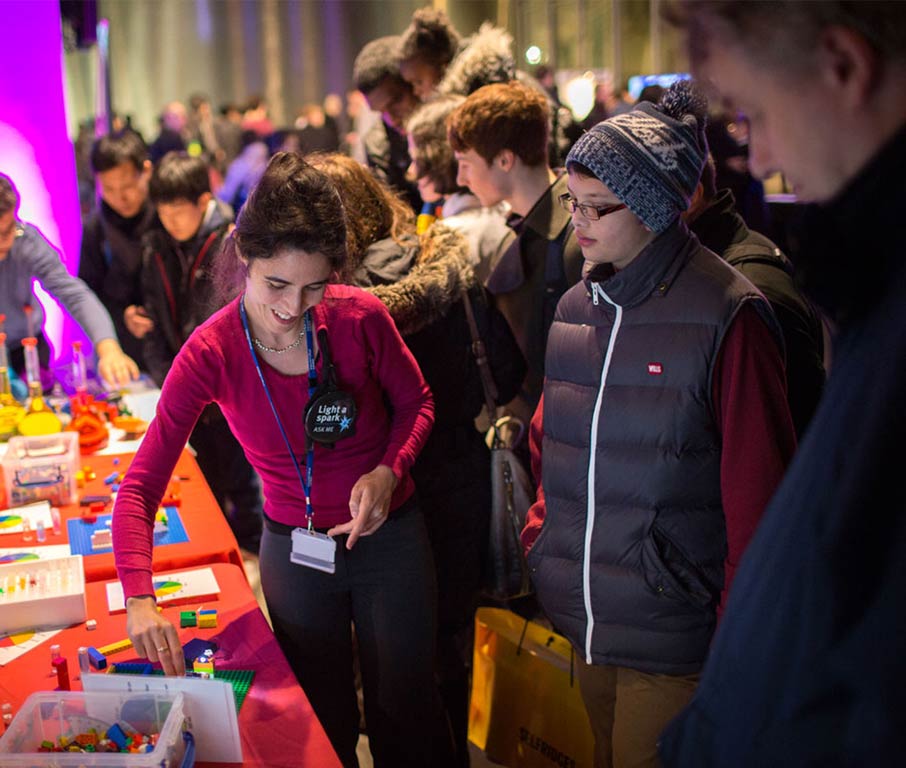Supervisors
Etienne Burdet (Bioengineering)
Daniel Rueckert (Computing)
Tomoki Arichi (KCL) - collaborator
David Edwards (Medicine/KCL)
The first months following birth are a critical period for brain development, which is partly moulded through experience-dependent mechanisms. The experience of newborns relates to the multisensory stimulations they receive from the environment and the information they extrapolate from those. It is therefore crucial for a baby to understand the relationship between events through associative learning. Although associative learning has been widely explored as a behavioural process, little is known about the underlying neurological processes within brain regions.
The development of neuroimaging techniques, such has functional magnetic resonance imaging (fMRI) allows us to have an insight into brain activity in a safe manner. However, studying infants presents additional challenges due to their uncooperative and fragile nature. With this in mind, we are developing and using novel MRI-compatible robotics solutions to unlock new possibilities to investigate task-based fMRI in newborn babies.
This research project aims to investigate the neural mechanisms of associative learning in newborn babies, using a combination of robotics and imaging technique. We plan to design and validate an experimental protocol in which an auditory cue is associated with a passive wrist movement of a baby during natural sleep inside an MRI scanner (3 Tesla Philips MRI scanner at St Thomas Hospital, London). Fine synchronisation between the sensory stimulation and imaging acquisition allow investigation of the functional responses associated to the experimental events.
Our robot-assisted fMRI solution enables us to answer questions such as:
Are newborn babies capable of making an association between neutral multi-sensorial events? Can we elicit activity within the somatosensory cortex using sound alone through associative learning? Which deeper parts of the brain are involved in the mechanisms of learning?
As sleep is known to play a key role in memory consolidation, we are also interested in the relationship between sleep state (REM and non-REM) and functional brain activity.
This study may answer fundamental questions about how early functional brain development and function is influenced by external experience, and could lead to improved treatments (through taking advantage of these mechanisms during neurorehabilitation) for infants at risk.
Student
Sofia Dall'Orso
Brexit - how will it affect me?
Contact us
Centre Manager
Kate Hobson
Email: k.hobson@imperial.ac.uk
